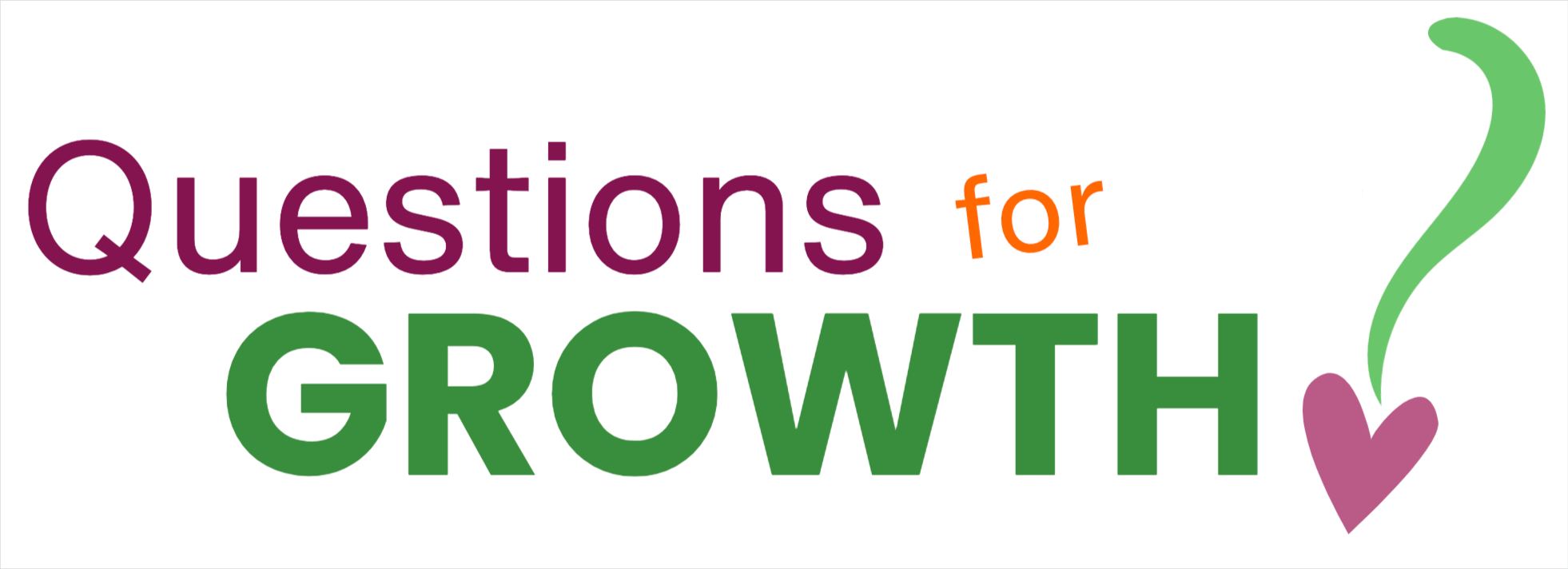Have you ever looked at an adult and thought, “They must know everything”? They drive cars, make rules, and look so sure. But here’s the secret: nobody knows everything—not even the most confident grown-ups. And that’s not a problem. It’s an invitation.
Lesson Summary
This video introduces René Descartes, a French thinker from over 400 years ago who believed that being clever isn’t about having all the answers—it’s about asking good questions. Descartes wondered about everything, from whether dogs can think about the moon to how a thought is different from a thing.
The big idea: when you realise no one has all the answers, you’re free to think for yourself. Adults argue about big questions—how to fix pollution, what’s fair, how to teach well—because these problems are hard. We’re all learning, guessing, and improving together. That’s why your questions matter. When we accept uncertainty, it becomes easier to be kind, to listen, and to share our ideas out loud. We may not have every answer, but we can all learn to ask better questions—and that’s how the world grows wiser.
Why This Matters (Rationale)
Inviting children to question and explore builds curiosity, resilience, and respectful dialogue. Research on character education highlights that classrooms grow stronger when students practice moral reasoning and empathy (see Berkowitz & Bier). Motivation science also shows that kids engage more deeply when they feel autonomous—free to wonder, choose, and voice ideas (see Ryan & Deci on intrinsic motivation). Teaching that nobody “knows it all” encourages humble confidence: courage to speak up, and kindness to hear others.
Reflection Prompts
-
When have you assumed someone knew everything? What changed your mind?
-
What’s a big question you have about the world right now?
-
How can not knowing be useful instead of scary?
-
What helps you listen kindly when people disagree?
Good Citizens Club Lesson Plan (30 minutes)
Age Group: 8–12
Duration: 30 minutes
Resources: Paper, pens/pencils, whiteboard or chart paper, sticky notes (optional)
1) Starter – “Two Truths and a Wonder” (5 minutes)
-
On paper, students write:
1 truth they’re confident about (e.g., “Plants need water”),
1 truth they think is right but aren’t 100% sure about, and
1 “wonder” question (e.g., “Do dogs think about the moon?”). -
Quick pair share. Highlight that curiosity is normal—and powerful.
2) Main Activity – The Question Ladder (15 minutes)
-
Set Up (2 min): Introduce the Question Ladder—a simple scaffold that moves from easy questions to deeper ones:
Step 1: What is it?
Step 2: How does it work?
Step 3: Why does it matter?
Step 4: What if…?
Step 5: What should we do? -
Small Groups (10 min): In groups of 3–4, students pick one real-life topic (e.g., litter in the playground, fairness in teams, homework amount). They climb the Question Ladder together, generating at least one question per step on a sheet or sticky notes.
-
Gallery Glance (3 min): Post ladders around the room. Students circulate and star their favourite question from another group.
Differentiation tips:
-
Provide example questions for each step.
-
Allow drawing/diagrams for students who think visually.
-
Offer sentence starters (“I wonder…”, “What would happen if…?”).
3) Discussion – Humble Confidence (7–8 minutes)
Use a talking piece or turn-taking protocol. Prompt:
-
“How can we share ideas confidently while remembering we might be wrong?”
Collect quick strategies on the board: “ask why,” “build on others,” “change your mind kindly,” “ask for evidence,” “separate people from ideas.”
4) Plenary – Exit Ticket: Better Questions (3–5 minutes)
Students complete one of these stems on a slip of paper:
-
“One question I’ll keep exploring is…”
-
“One way I’ll listen better is…”
-
“Something I don’t know yet—but want to learn—is…”
Optional extension/home link: Interview a trusted adult: “What’s something important you still don’t know?” Bring back one insight.
Discussion Questions (for class or dinner table)
-
Why might adults look confident even when they’re unsure?
-
What’s the difference between having answers and asking good questions?
-
When people disagree about big issues (like fairness or pollution), how can we keep the conversation kind and useful?
-
Which of your questions could help your school or community the most?
-
When is it important to change your mind? When is it important to hold your ground?
-
How does admitting “I don’t know—yet” make learning easier?


